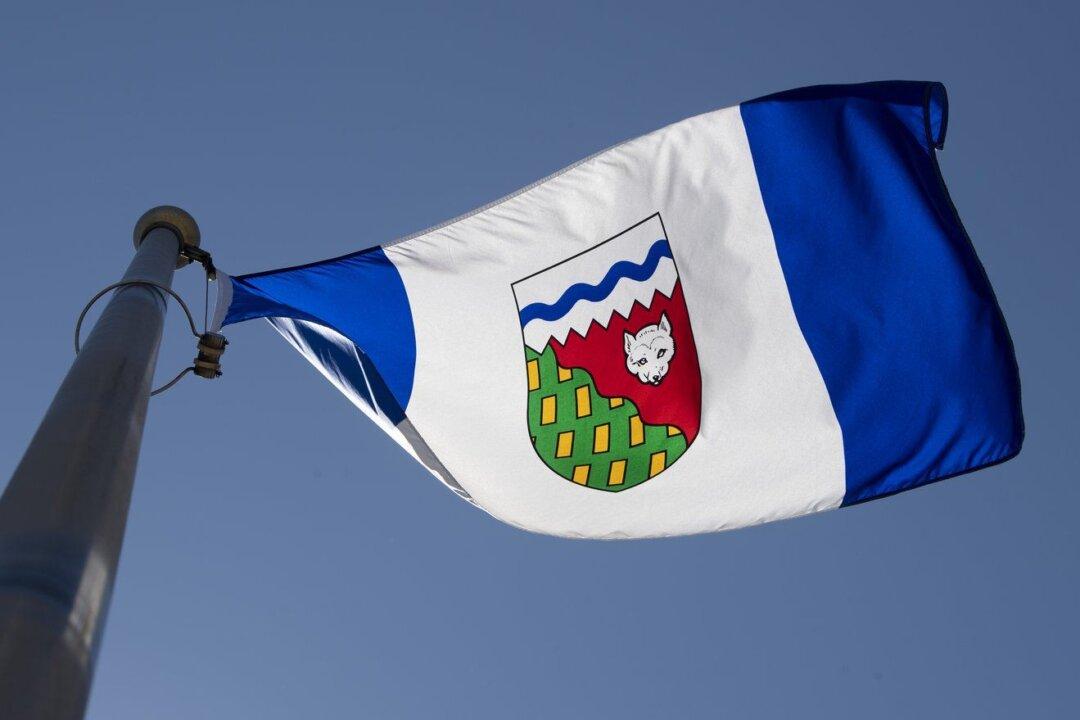A firefighter has died while battling a wildfire near his home community in the Northwest Territories, marking the second time in only a few days a Canadian firefighter was killed on the job during a record-setting national wildfire season.
The territorial government issued a statement saying the firefighter from Fort Liard, a hamlet north of the British Columbia boundary, died from an injury sustained while battling a nearby blaze on Saturday afternoon.





